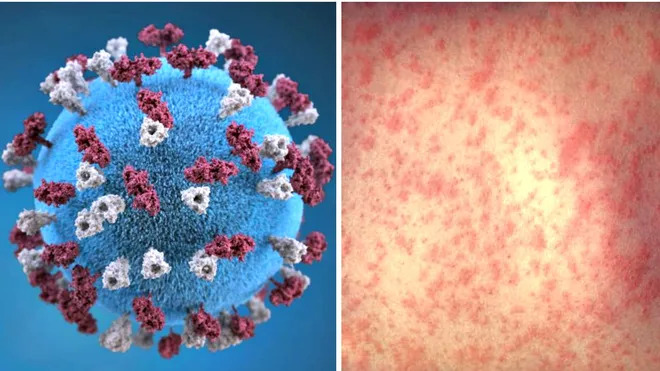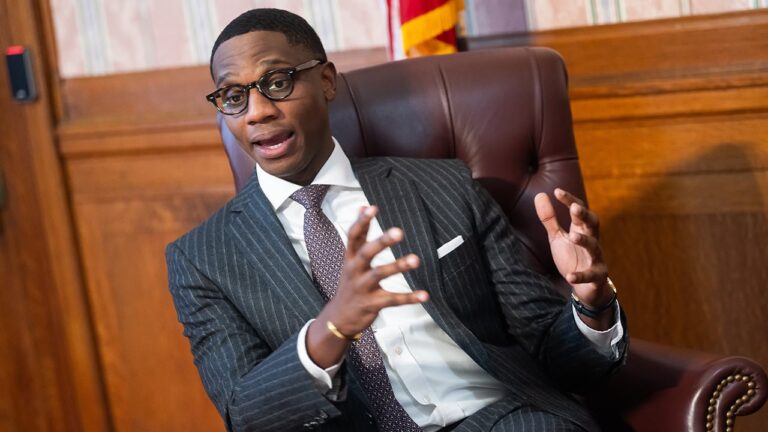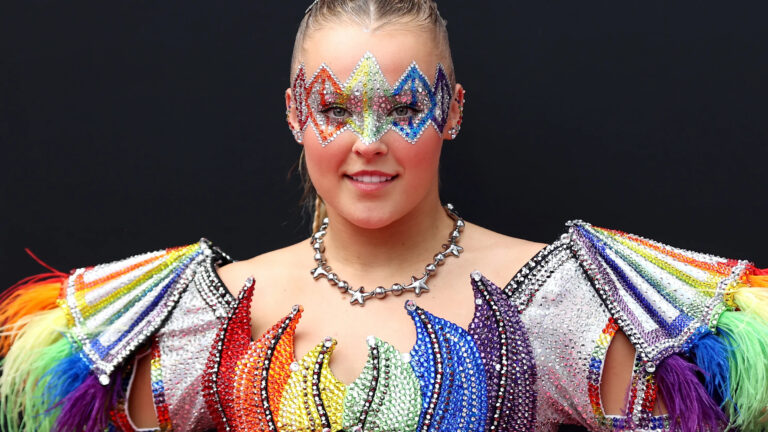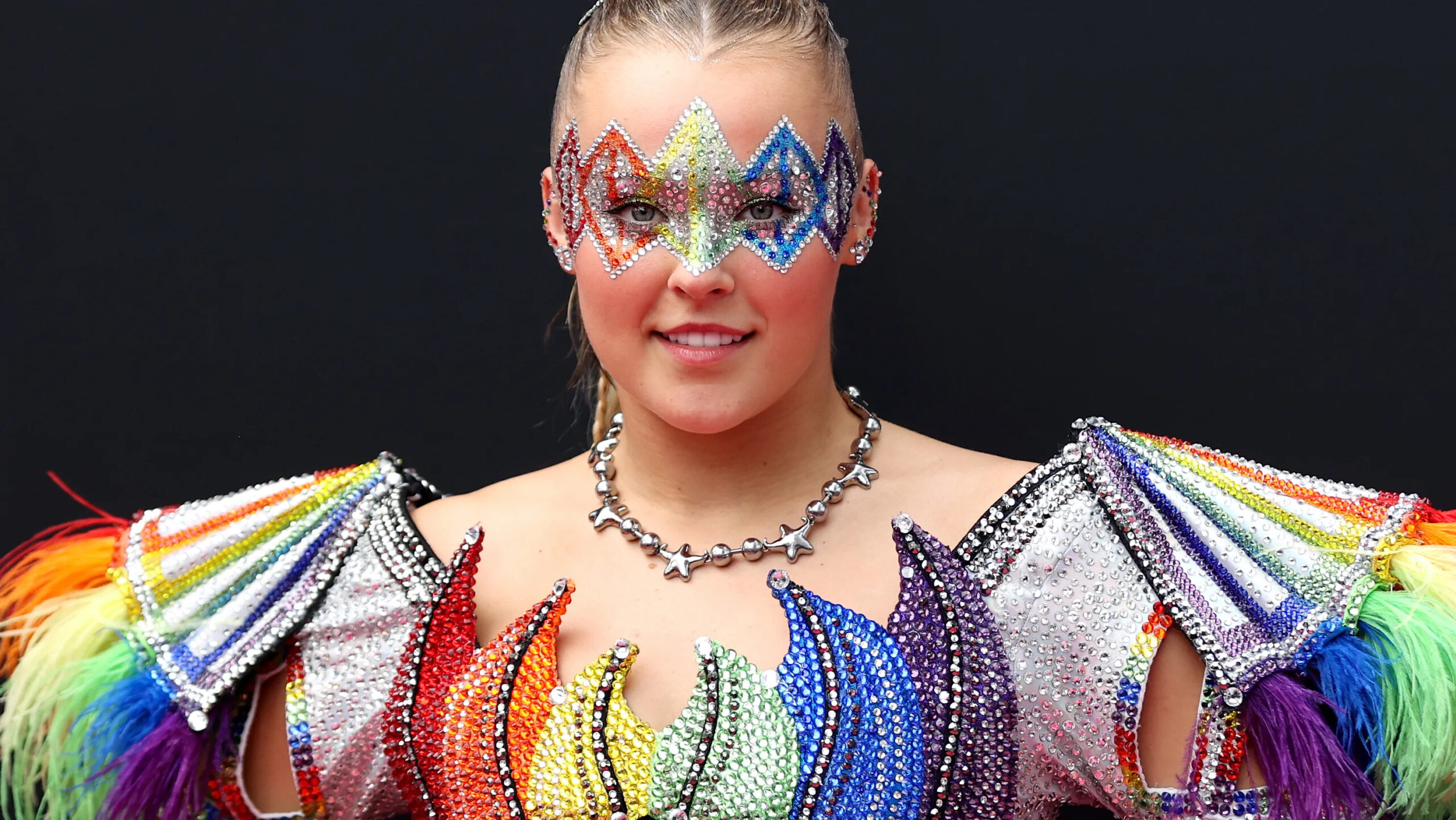
JoJo Siwa is getting a lot of attention − and not in a good way .
The 21-year-old singer, dancer and former “Dance Moms” star is facing criticism after her ex-partner, Australian influencer Kath Ebbs, accused Siwa of “emotional cheating” and said Siwa ended their relationship at a “Celebrity Big Brother” after-party on April 25.
Siwa this season was a contestant on the British reality series where stars live together. During her time in the house, she opened up about her sexuality and gender identity. She also formed a close friendship with castmate and former “Love Island” star Chris Hughes, which raised eyebrows among viewers who speculated that it could have been the catalyst for her breakup.
Love her or hate her, there’s no denying child stars face a unique set of challenges when it comes to coming of age in the public eye.
And the headlines surrounding Siwa and the conversations about her evolving views on sexuality and gender serve as an important conversation starter for young fans who are figuring things out for themselves in real-time, says Melvin Williams, associate professor of communication and media studies at Pace University.
The unique struggles child stars face
Siwa grew up in the spotlight – first as a star on two seasons of “Dance Moms” and later in Nickelodeon shows and with her music career. Before taking part in “Big Brother,” she competed on “The Masked Singer” and “Dancing with the Stars” and was a judge on “So You Think You Can Dance.”
Siwa has had to figure out who she is with very little detachment from that spotlight, says Williams.
“We live in a celebrity-obsessed society where the lines of appropriate, inappropriate, invasive, private and in this case, adulthood and childhood, are just immediately blurred and outright dismissed,” he says.
Siwa embraced the so-called female pop star rebrand starter kit in the same way child stars like Miley Cyrus and Britney Spears shed innocent looks for more adult personas, he adds.
Siwa looked to break out of her preppy, child-friendly image with her song and music video “Karma,” in April 2024, which featured a grittier aesthetic and exaggerated dance moves from a large cast of female dancers on a yacht. The release was mocked online.
“It becomes this requirement for them to show, ‘hey, I’m an adult now,’ to essentially become hyper sexual,” Williams argues.
What did JoJo Siwa say about her sexuality and gender on ‘Big Brother?’
Williams says the rollout of Siwa’s rebrand – which included the starlet offending some in the LGBTQ community when she declared her desire to “start a new genre of music …. called gay pop” – included worthy discussions about Siwa’s sexuality, which she explained she is now unpacking.
“I feel, like, so queer, do you know what I mean?” Siwa, told “Big Brother” castmate Danny Beard, who landed in the house after a stint on “RuPaul’s Drag Race UK.” “I think that’s the thing, I’ve always told myself I’m a lesbian, and I think being here I’ve realized: ‘Oh, I’m not a lesbian, I’m queer.’ And I think that’s really cool.”
Williams says sexuality is an aspect of identity that is complex and ever-evolving.
Siwa, he adds, may have faced pressure to proclaim her identity early-on as she lives in the public eye. He says her reflections now send an important message to young fans: That it’s OK to change your mind.
“The message is very clear that young people have the right to identify, to take a step and become more educated on the varying aspects of their identity, and to identify as something else, or add more nuance to the descriptors of their sexuality,” Williams says.
Earlier in the season, Siwa also mused about gender, saying she, at times. doesn’t identify as male or female and feels most like the nonbinary people she’s met in her life.
“I don’t know, it’s not something I want to say about myself yet, but it’s something that is confusing,” she added.
Part of the scrutiny on her sexuality could be that Siwa is part of Gen Z, the generation with the highest number of adults to identify as LGBTQ. Of people born between 1997 and 2006, more than 1 in 5 call themselves something other than straight.
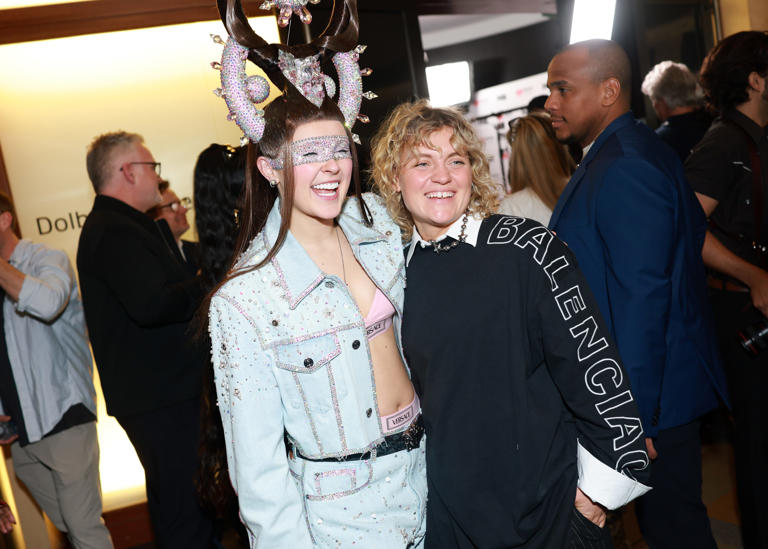
As the federal government cracks down on all things DEI, people like Siwa may have a tougher road ahead. But that doesn’t mean they’re going anywhere − nor are these discussions.
Contributing: Brendan Morrow and Anna Kaufman


